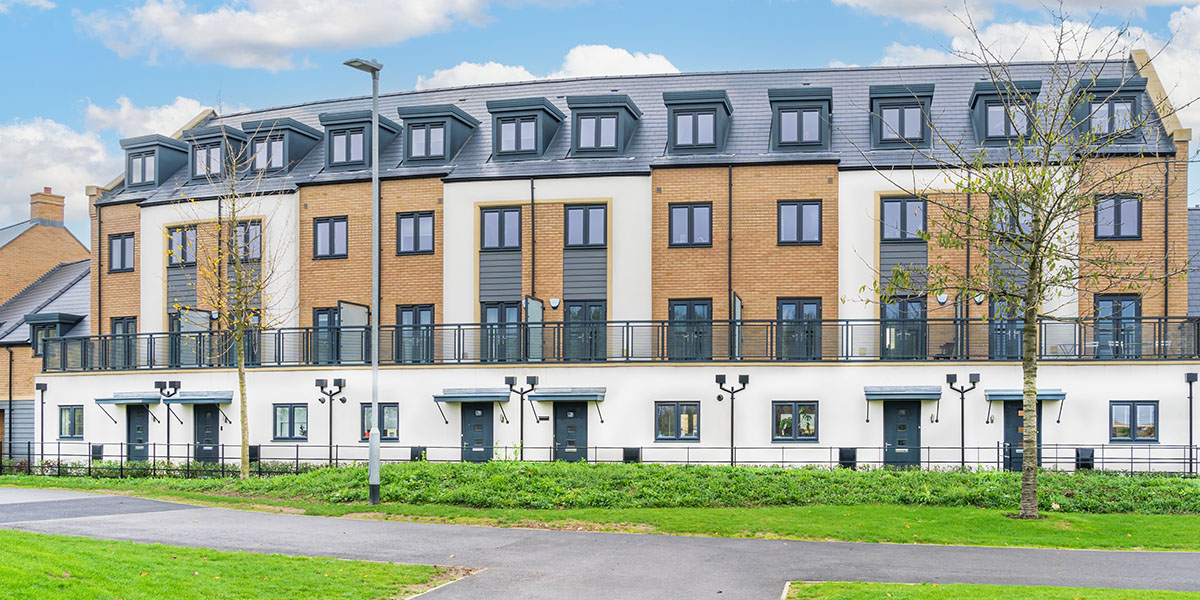What is a property factor and what do they do?
Key Takeaways
- A property factor manages shared areas in flats or developments, including stairwells, roofs, gardens, lifts, and sometimes car parks.
- They handle routine maintenance, repairs, emergency call-outs, budgeting, payments, and often arrange buildings insurance.
- All property factors in Scotland must be registered and follow the Property Factors (Scotland) Act 2011 and its Code of Conduct.
- Whether you need a factor depends on your title deeds; switching or self-managing usually requires majority agreement from owners.
- Fees vary by service and building condition, but transparency is legally required, making a reliable factor key to stress-free property management.

If you plan to buy a flat in Scotland, especially in a tenement or modern apartment block, you may have come across the term property factor (sometimes known as a factor or property management company). But what exactly is a property factor, and what do they do? And perhaps more importantly, do you need one? Let’s break it down.
What is a property factor?
A property factor is someone who manages the maintenance and repair of the shared areas of a building or development. This includes everything from stairwells, roofs, gutters, and external walls to communal gardens, lifts, and even car parks in some developments.
In Scotland, factoring is a well-established part of property ownership, particularly in shared buildings like tenements, four-in-a-block flats, or newer housing developments with communal grounds. Property factors can be individuals or companies, and they work on behalf of all the owners in a building or estate to make sure everything stays in good condition.
What does a property factor do?
In short, they take the hassle out of shared maintenance. Here’s what a typical property factor might do:
- Organise routine maintenance: Think cleaning communal stairwells, maintaining lifts, or keeping gardens tidy.
- Handle repairs: If a roof tile falls off, the gutters are blocked, or the close needs repainting, the factor will arrange for tradespeople to sort it.
- Emergency call-outs: In case of urgent issues like burst pipes or storm damage, they’ll step in quickly to coordinate repairs.
- Budgeting and collecting payments: They manage the shared budget, issue invoices to owners, and handle payments to contractors.
- Insurance: Many property factors arrange the buildings insurance policy on behalf of all owners, especially when the title deeds require a common policy.
Some factors also manage new-build estates, where they look after landscaped areas, lighting, or playparks that aren't adopted by the local council.
Are property factors regulated in Scotland?
Yes. In fact, Scotland has specific legislation that applies to property factors. Since the Property Factors (Scotland) Act 2011, all property factors must be registered with the Scottish Government and must adhere to a Code of Conduct. This means they’re legally obliged to:
• Be transparent about their services and charges • Communicate clearly with homeowners • Act reasonably in carrying out their duties
If things go wrong, homeowners can raise complaints with the First-tier Tribunal for Scotland (Housing and Property Chamber).
Do I have to use a property factor?
That depends on your title deeds. In many cases, the deeds will name a specific factor or outline how one should be appointed. If there’s already a factor in place, and they’re doing a good job, most owners are happy to stick with them.
However, it is possible (though not always easy) for homeowners to switch factors or manage things themselves - this usually requires a majority agreement from all owners in the building or development.
How much do property factors charge?
Costs can vary depending on the services provided and the condition of the building. Typically, owners pay a regular management fee (quarterly or annually), plus any additional costs for specific repairs or improvements. You should receive a detailed breakdown of charges... transparency is a legal requirement.
A final word on property factors
A good property factor can be worth their weight in gold, making sure your building stays safe, clean, and well-maintained without the stress of coordinating everything yourself. Like any service, experiences can vary, so it’s worth checking reviews, asking questions, and understanding your title deeds before you buy a property or before you sign on with a new factor.
So next time someone mentions “the factor,” you’ll know exactly what they mean - and why their role is such a key part of property ownership in Scotland.